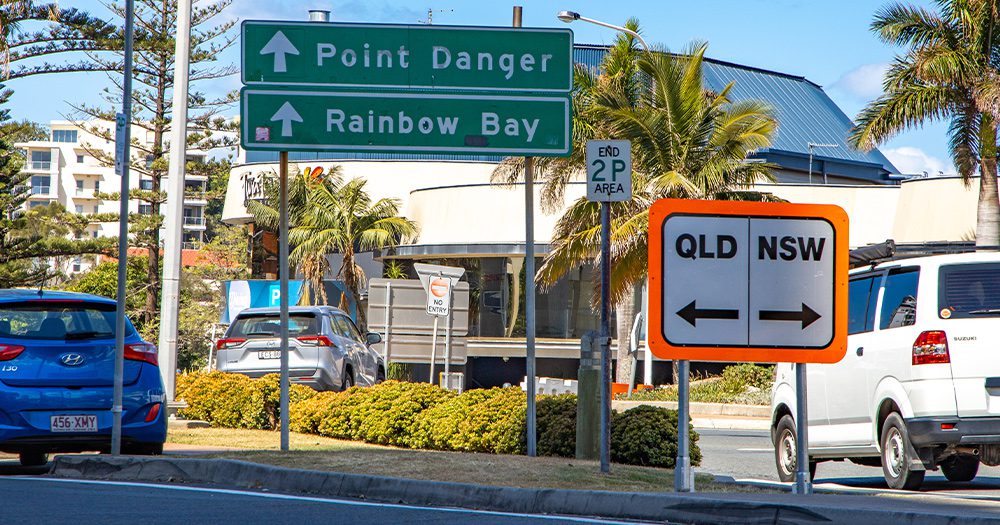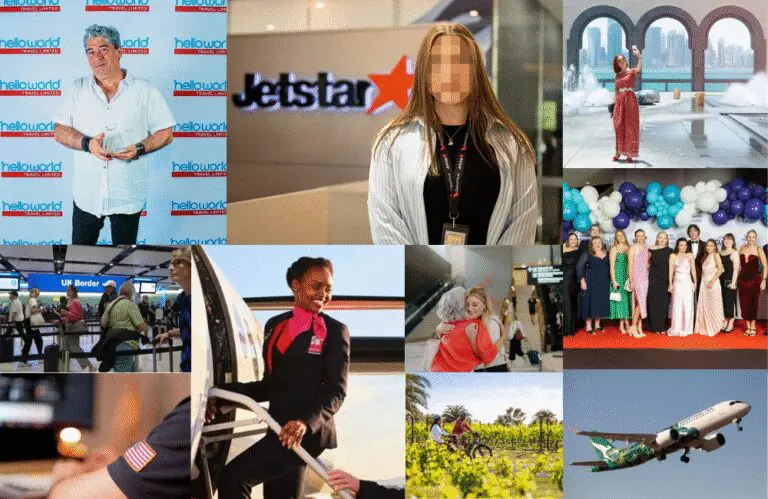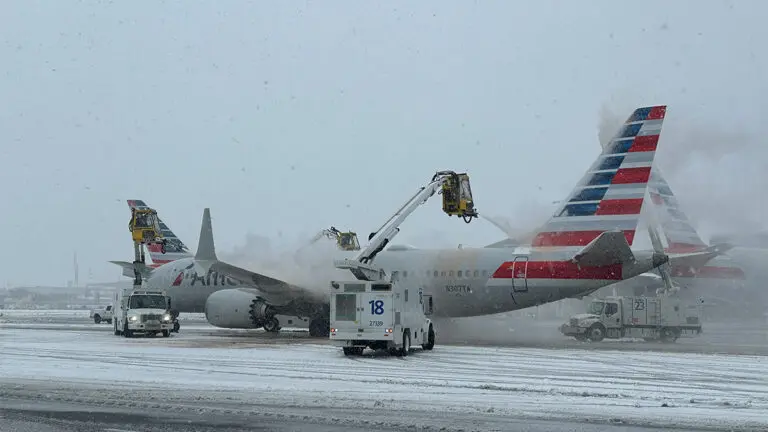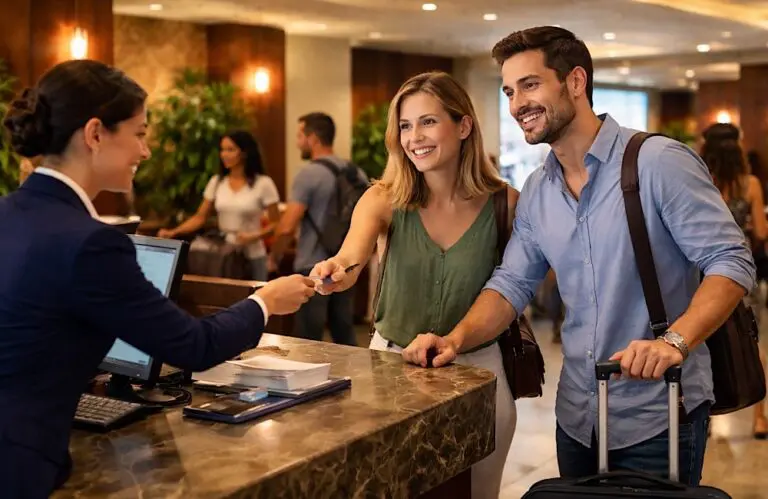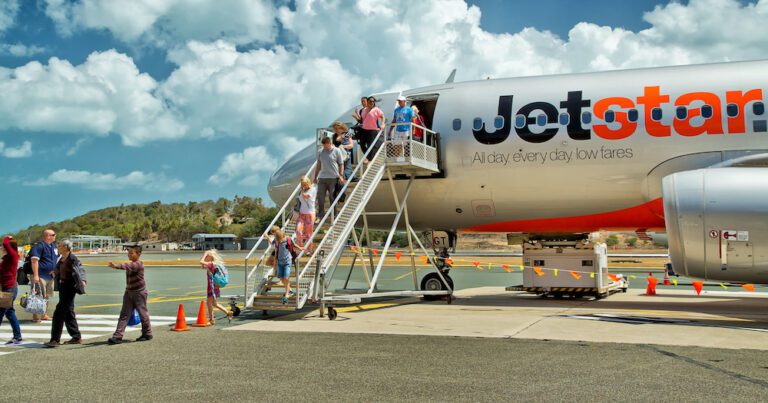NSW premier Dominic Perrottet’s international quarantine-free arrival bombshell announcement has thrown Australia’s fractured national reopening plan further into chaos after the country’s most populous state decided to go it alone in scrapping quarantine.
Fully vaccinated international arrivals will no longer have to isolate in a hotel or at home after landing in Sydney from November 1 in a radical shift that outpaces the national cabinet’s agreement.
Under the federal government reopening plan, an 80 per cent double-dose vaccination rate was supposed to trigger a gradual reopening of international travel with “safe countries” and “proportionate quarantine”.
The deal – based on Doherty Institute modelling – signalled reduced requirements for fully vaccinated travellers.
But quarantine-free travel was only part of the final “post-vaccination” phase which seeks to manage coronavirus in the same way as other infectious diseases.
The explosive departure from the plan raises major questions about state borders and requirements for international arrivals wanting to leave NSW.
As it stands. From mid-November (assuming Australia’s international border opens) NSW residents will be able to travel to London return, or Fiji quarantine-free but not to the Gold Coast or Perth.

NSW Premier Dominic Perrottet said arrivals would need to test negative before and after boarding, as well as prove vaccination status.
“I’ve had numerous discussions with the prime minister over the course of this period about dispensing with hotel quarantine – they support this policy,” he told reporters in Sydney.
“They will need to implement it from a border perspective and we want tourists back into the state as quickly as possible.”
Mr Perrottet said he could not control other states’ quarantine requirements but urged overseas travellers to spend time in Sydney if they needed to.
Federal cabinet minister Angus Taylor admitted the premier’s announcement caught him off guard.
“I wasn’t expecting it. I can’t speak for the PM’s office,” the NSW MP told 2GB.
But he backed the decision.
“We can’t live in a hermit kingdom. It is appropriate that we start allowing people to come back into the country if they’re double vaxxed without having to quarantine.”
What will the other states and territories do now?
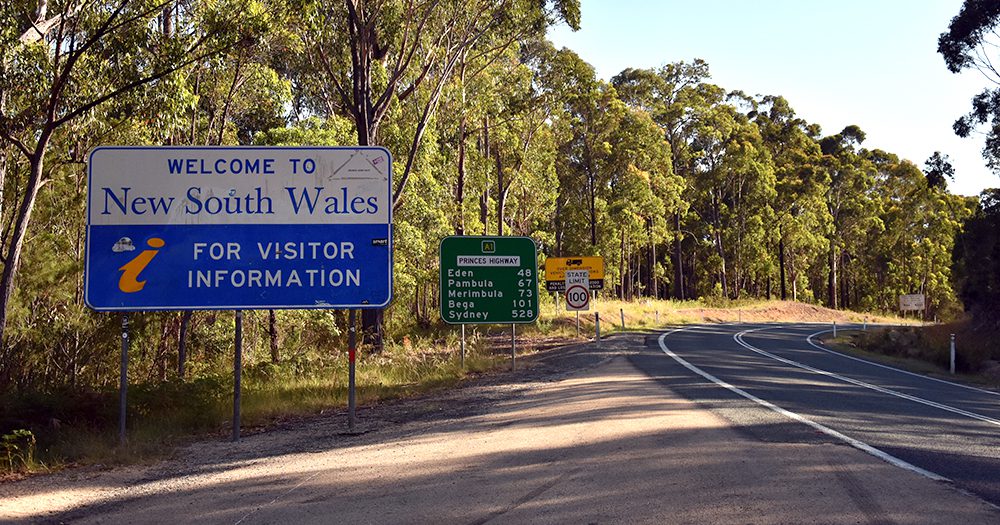
Victorian Health Minister Martin Foley told reporters to take a “chill pill” after being asked about the NSW decision.
“Victoria will go about its business in the national context, understanding it’s the Commonwealth who control international borders, not the states,” he said.
His state will allow fully vaccinated people from virus “red zones” in NSW before Melbourne residents are allowed to leave their local areas.
Queensland will reassess its border restrictions because of the decision.
But it’s unclear whether that means tighter or looser rules, with Chief Health Officer Jeannette Young saying she needed to get her head around the decision.
Australian Chamber of Commerce and Industry chief executive Andrew McKellar said it was a courageous call that would help save livelihoods in tourism and education.
“This is the single most significant announcement since restrictions were first imposed in the early stages of the pandemic,” he said.
The Morrison government has urged states to drop hard borders when 80 per cent vaccination rates are reached.
But some jurisdictions are not expected to reach that target until December at the earliest.
Australia has fully vaccinated 65.4 per cent of its eligible population aged 16 and over, while more than 83.6 per cent have received their first dose.
Like any good chess game, the next moves will be interesting to watch.
Via AAP
- Karryon Top 10 stories of the week: Catch up on our most-wanted: Jan 23
- Cruise review: Finding big kid energy at sea on Virgin Voyages’ Brilliant Lady
- Winter Storm Fern forecast to disrupt US travel; here’s what travellers need to know
- Hotel review: TravelManagers Troy Coelho checks in to Raffles Bali
- Aussie hotel industry’s yearly report card revealed; here’s which city led the way

